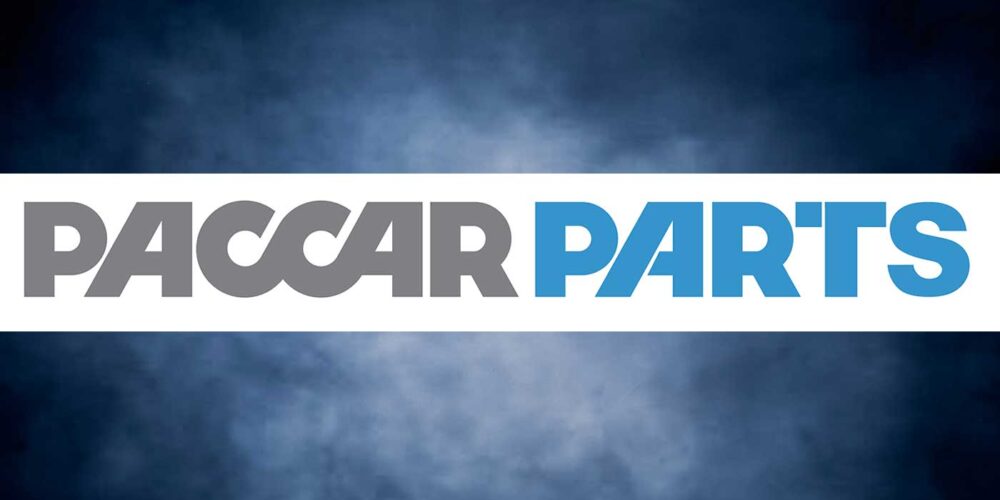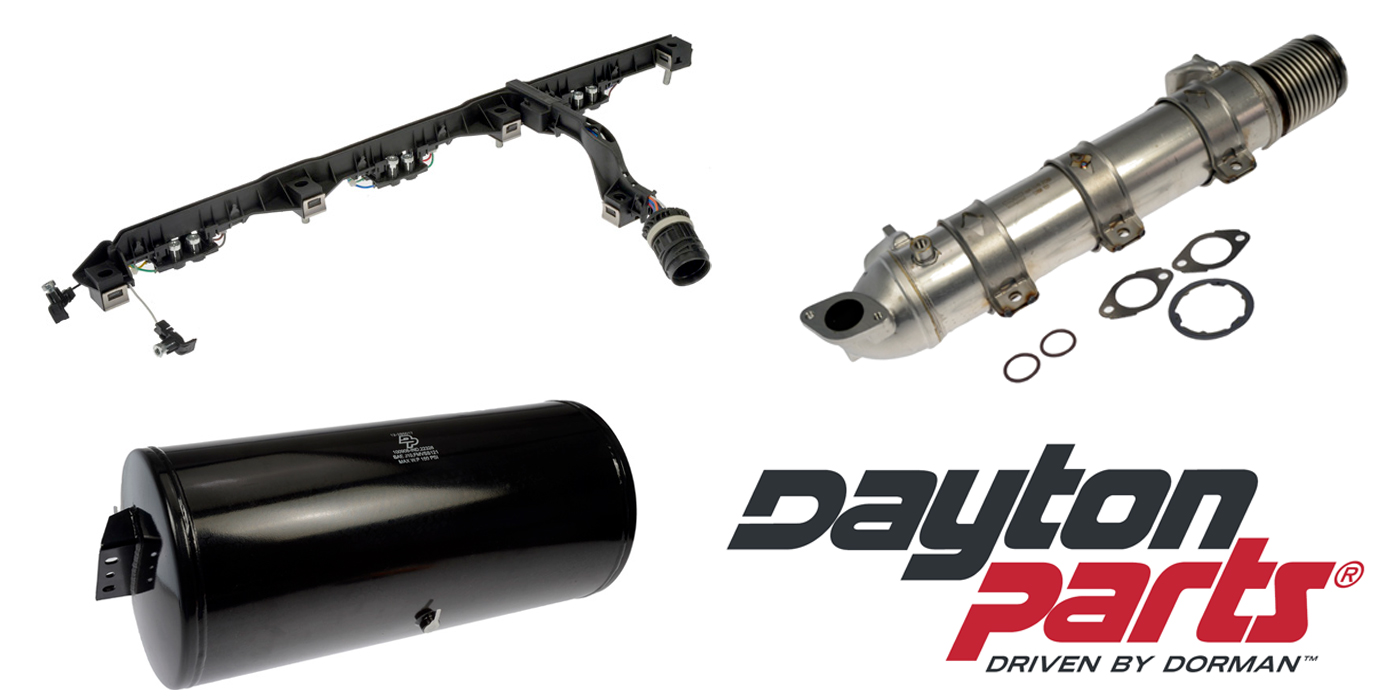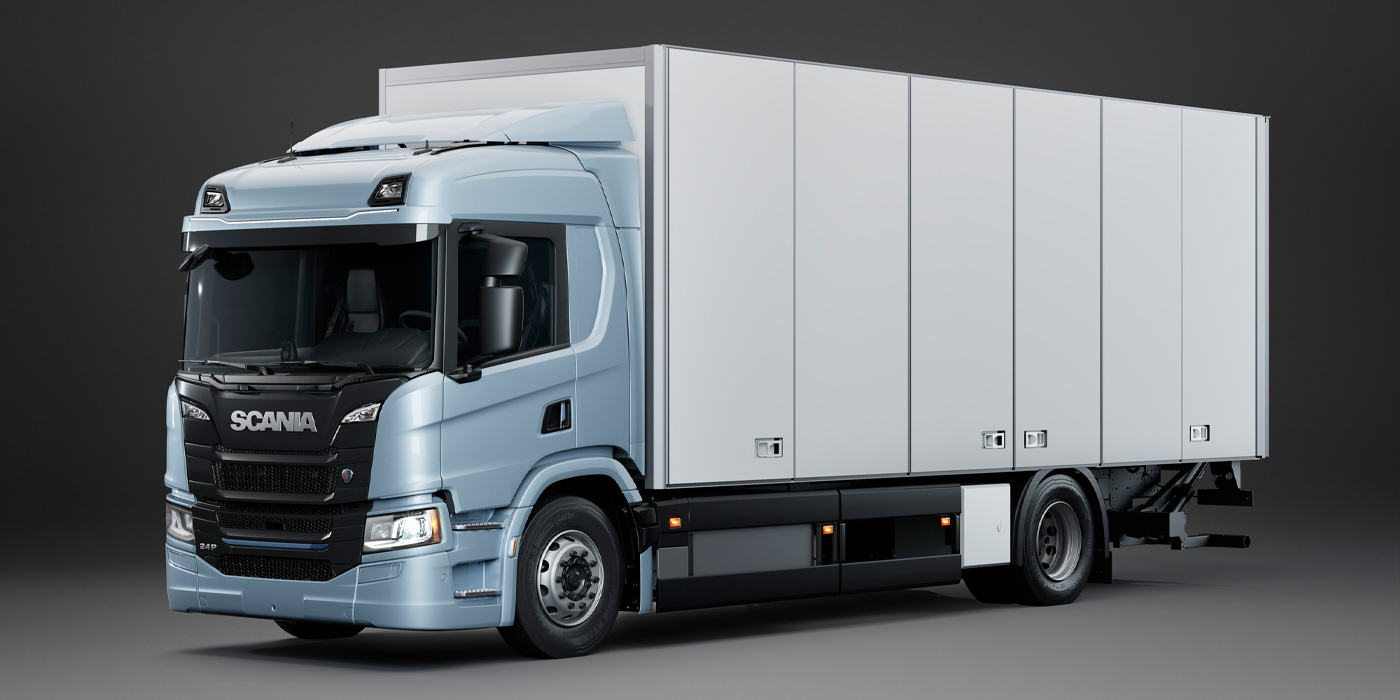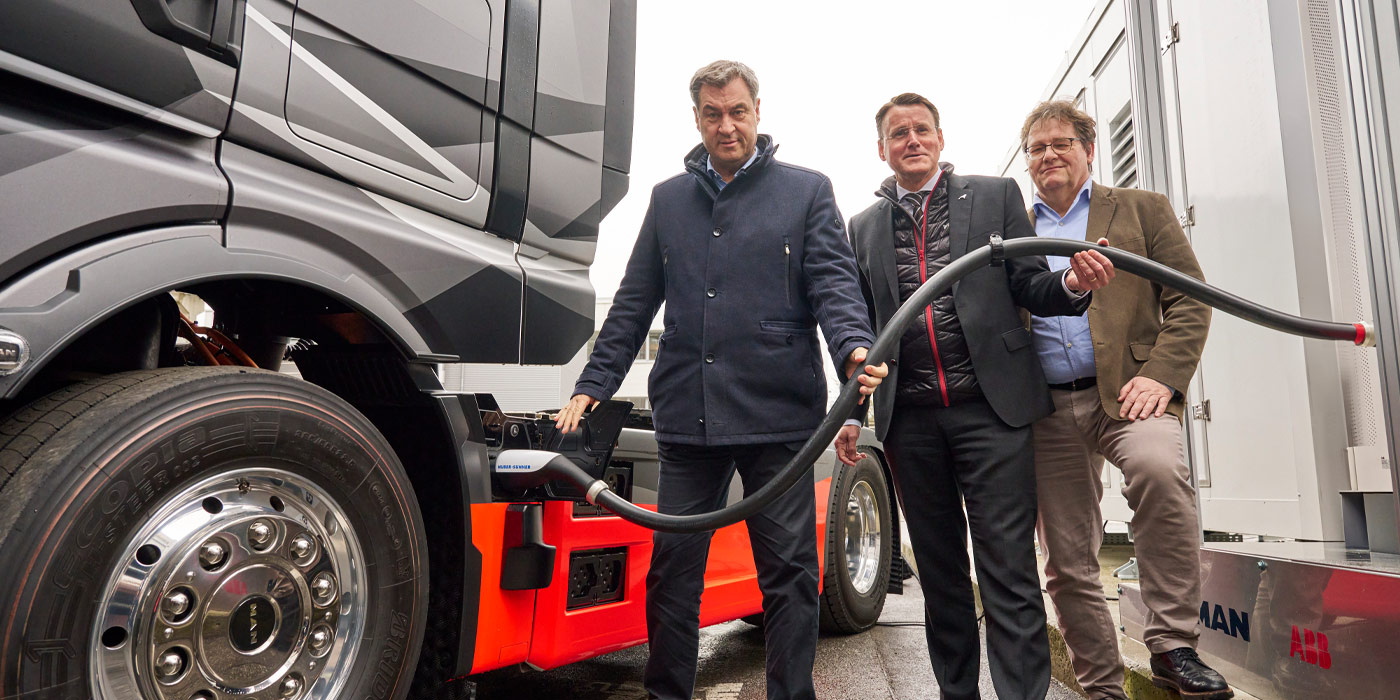From the DEF sensor shortage that caused headaches for fleets everywhere to the latest and greatest in emission-reducing technology, we’ve got the year’s biggest component headlines covered, as well as tips on how to keep your tires in tip-top shape and your drivers safe during the winter months. So buckle up and let’s get rolling with the biggest component stories of 2022.
DEFeating the DEF sensor shortage
The trucking industry faced shortages of diesel exhaust fluid (DEF) sensors, which are critical components that can cause engine torque to derate or render a truck undrivable if they malfunction. The shortages are largely due to the ongoing microchip shortage and disruptions to the economy, which have led to the depletion of supplies. Manufacturers worked with suppliers to increase production capacity and invest in remanufacturing facilities and stepped up efforts to communicate with chip manufacturers in an effort to address the issue. What steps can fleets take to reduce the sensor-related headache in the meantime? Read on and find out.
Tire pressure for dummies: Don’t use a bat
As a fleet owner or manager, you know firsthand the importance of maintaining your vehicles and keeping them running smoothly. One often overlooked aspect of vehicle maintenance is tire pressure. According to industry experts, on average 34% of fleet tires are underinflated. This can lead to increased tire wear, reduced fuel efficiency, and even safety hazards.
Don’t let underinflated tires bring your fleet down any longer. Invest in a high-quality, calibrated tire gauge and a tire pressure monitoring system to improve uptime, extend tire life, and enhance safety. Your wallet (and your tires) will thank you down the road.
Before you buckle up…
Winter is a particularly dangerous time to be on the road due to weather and traffic conditions. As a fleet operator, you can take steps to increase driver safety by conducting regular pre-trip inspections and making necessary upgrades to your vehicle. These upgrades may include new headlights, mirrors with added features, windshield wipers, air conditioning components, and Advanced Driver Assistance Systems (ADAS) and should additionally be checked in intervals.
By regularly inspecting and properly maintaining your vehicle’s crucial components, you can ensure that your truck is operating at its optimal level of performance, thereby increasing your confidence on the road and contributing to the overall safety of all motorists.
Rolling towards savings
Tires play a vital role in the performance and safety of any vehicle, and proper tire maintenance is essential for maximizing their lifespan and minimizing fuel costs. In this article, experts from various tire companies offer tips and recommendations for maintaining and managing tire pressure, as well as training and resources available to ensure that your fleet is driving safely and efficiently.
From investing in digital tire gauges and pressure stickers to seeking out training and guidance from industry associations and tire manufacturers, there are many ways to improve tire maintenance and overall fleet performance. So don’t let underinflated tires bring your fleet down any longer – take the time to properly maintain and manage your tires, and you’ll be rewarded with improved uptime, extended tire life, and enhanced safety on the road.
EV charging dominates the electrified conversation
Admit it, you thought you were going to get this category “Best of” without hearing about electrification, didn’t you? Well, there’s no escaping it. Electrification is here to stay (in certain applications) and that means understanding charging infrastructure needs and planning capabilities. Feast upon the cornucopia of charging infrastructure content that made headlines this year.














